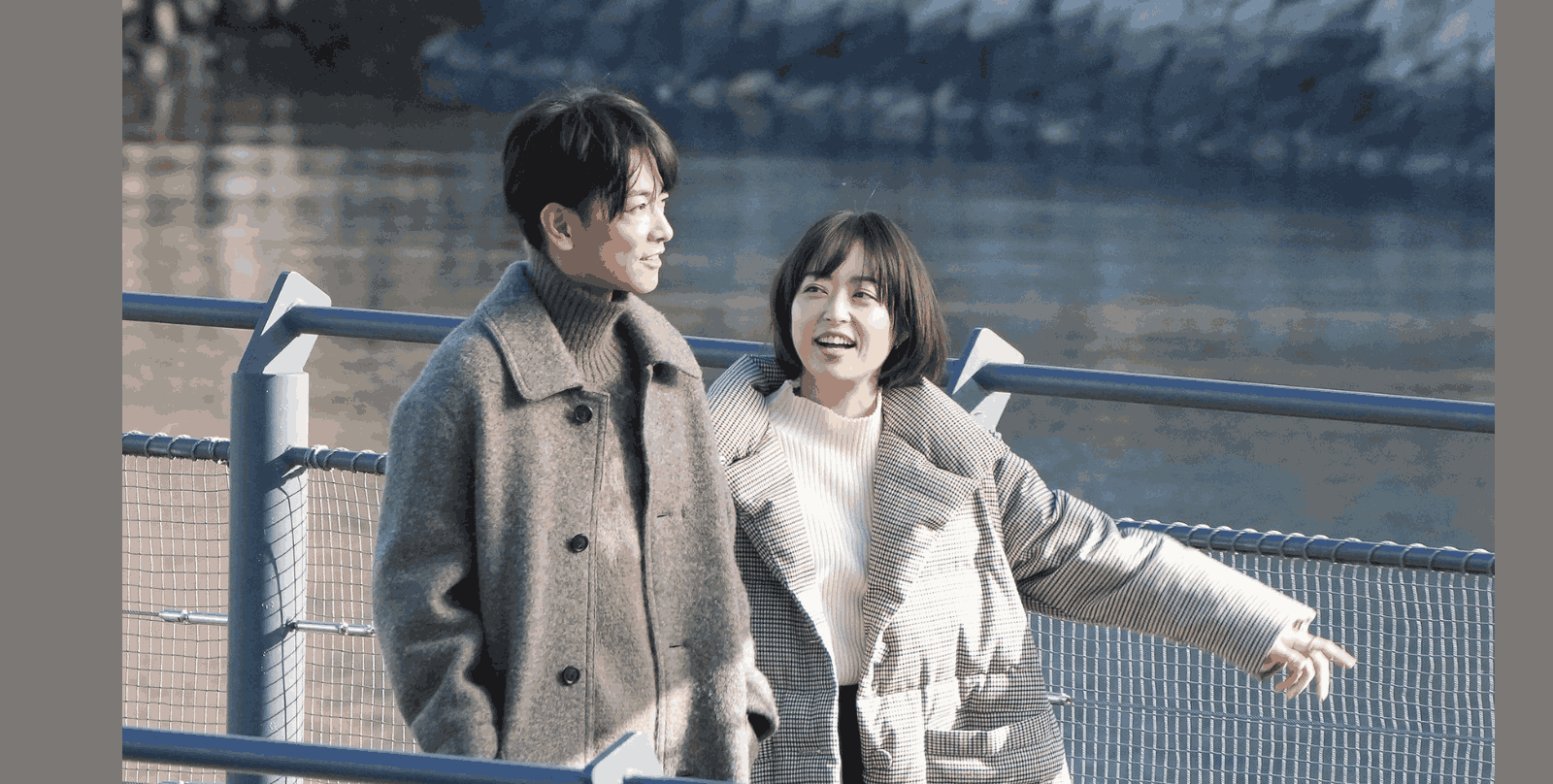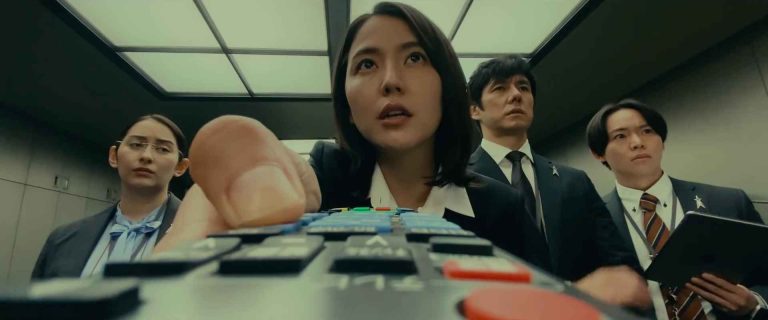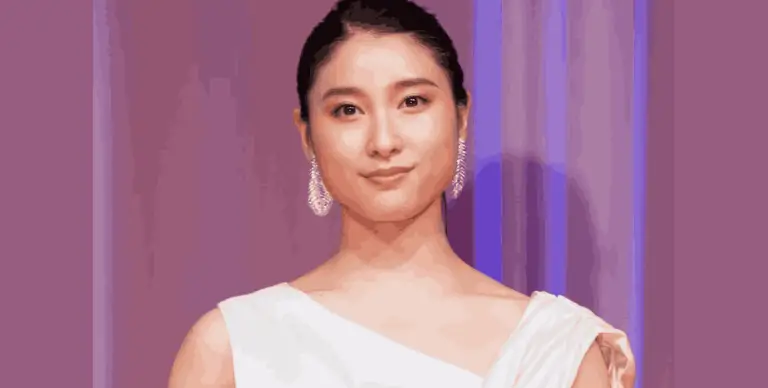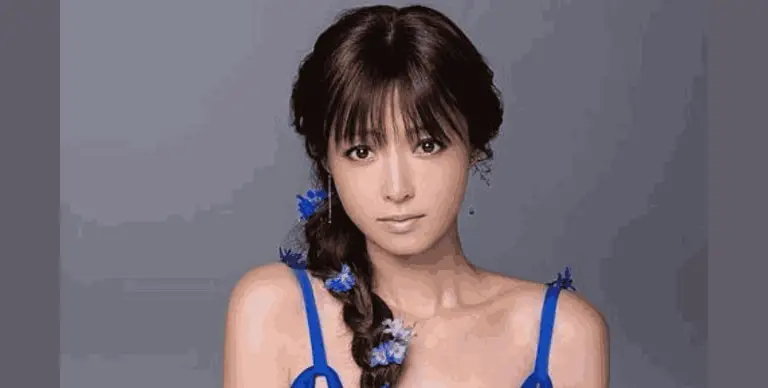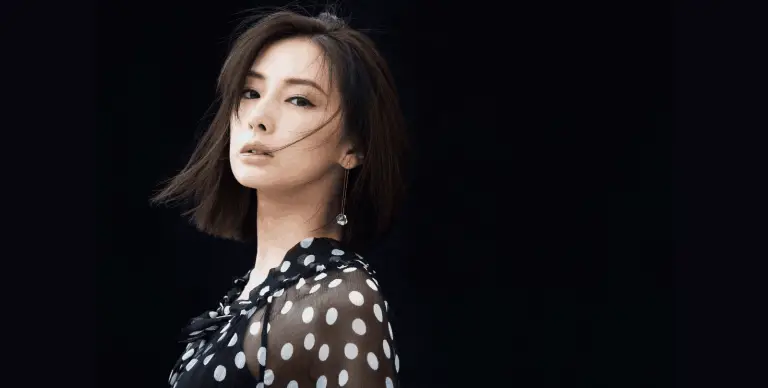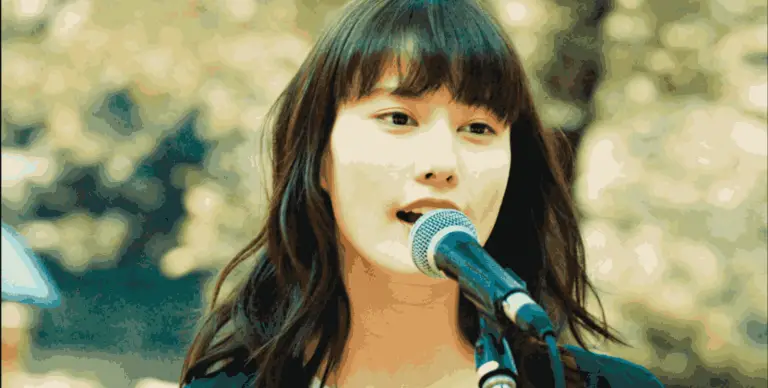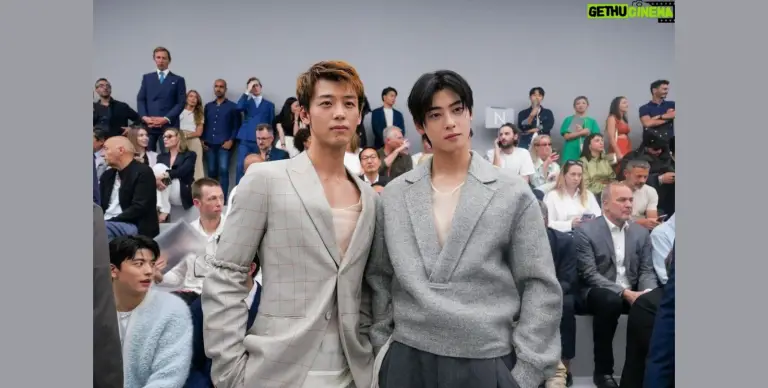Autobiography of Mao Inoue
Mao Inoue, born on January 9, 1987, is a prominent figure in the Japanese entertainment industry, celebrated for her versatile acting skills and contributions to film, television, and stage. Throughout her career, she has left an indelible mark on Japanese pop culture, captivating audiences with her performances and earning critical acclaim for her talent and dedication.
Early Life
Mao Inoue was born and raised in Yokohama, Japan. From a young age, she exhibited a passion for the arts, nurtured by her family’s encouragement and support. Inoue’s journey into acting began at the tender age of five when she made her debut in the television series “Kids War.” This early exposure to the world of entertainment sparked her interest in pursuing acting as a career.
Growing up, Inoue was influenced by various experiences and encounters that shaped her aspirations. Despite her budding interest in acting, she remained dedicated to her education, balancing her academic pursuits with her burgeoning acting career.
Entry into Entertainment
Inoue’s entry into the entertainment industry came through auditions and early roles in commercials, television dramas, and films. With each opportunity, she honed her craft and gained valuable experience, laying the foundation for her future success.
As a young performer, Inoue faced numerous challenges and obstacles, from intense competition to the demands of balancing work and school. However, her passion for acting and unwavering determination fueled her journey forward, propelling her towards greater opportunities.
Breakthrough Role
The pivotal moment in Mao Inoue’s career came with her breakthrough role as Makino Tsukushi in the iconic television drama “Boys Over Flowers.” Portraying the resilient and determined protagonist catapulted Inoue to stardom, earning her widespread recognition and acclaim. Her portrayal of Makino Tsukushi resonated deeply with audiences, establishing her as a leading actress in the Japanese entertainment industry.
The success of “Boys Over Flowers” opened doors for Inoue, leading to further opportunities in both television and film. Her remarkable performance in the series solidified her status as a household name and paved the way for a flourishing career.
Versatility in Acting
Beyond her role in “Boys Over Flowers,” Mao Inoue showcased her versatility as an actress through diverse roles in television dramas, films, and stage productions. From romantic comedies to historical epics, she fearlessly tackled a wide range of characters, captivating audiences with her depth and authenticity.
Inoue’s commitment to her craft and willingness to explore new genres earned her accolades and admiration from peers and audiences alike. Her ability to inhabit characters with nuance and conviction demonstrated her prowess as a performer, further cementing her place in Japanese entertainment history.
Personal Life
Despite her status as a public figure, Mao Inoue remains grounded in her personal life, cherishing moments with family and friends away from the spotlight. Balancing her public persona with a desire for privacy, she navigates the demands of fame with grace and humility.
Outside of her acting career, Inoue pursues various interests and hobbies, finding joy in simple pleasures and meaningful experiences. Her dedication to philanthropy and advocacy reflects her commitment to making a positive impact on the world beyond the realm of entertainment.
Challenges and Triumphs
Like any journey, Mao Inoue’s path to success has been marked by challenges and triumphs. From professional setbacks to personal struggles, she has faced adversity with resilience and courage, emerging stronger and more determined with each obstacle overcome.
Dealing with the pressures of fame and the scrutiny of the public eye has tested Inoue’s resolve, yet she remains steadfast in her pursuit of excellence. Through perseverance and perseverance, she has transformed challenges into opportunities for growth, inspiring others with her unwavering determination.
Philanthropy and Advocacy
Mao Inoue’s commitment to philanthropy and advocacy underscores her belief in using her platform for positive change. Engaging with charitable causes and social issues, she leverages her influence to raise awareness and support meaningful initiatives that benefit society.
Whether championing environmental conservation, promoting education, or advocating for social justice, Inoue’s dedication to making a difference extends beyond the screen. Her involvement in various charitable endeavors reflects her compassionate spirit and commitment to leaving a lasting impact on the world.
Reflections on Success
As Mao Inoue reflects on her journey in the entertainment industry, she remains grateful for the opportunities and experiences that have shaped her career. From humble beginnings to international acclaim, she acknowledges the role of fans, colleagues, and mentors in her success.
Grateful for the support of her fans and the love of her craft, Inoue remains humble in the face of her achievements. Her journey serves as a testament to the power of perseverance, passion, and authenticity in pursuing one’s dreams, inspiring others to embrace their unique paths to success.
Legacy and Future Aspirations
Mao Inoue’s contributions to Japanese pop culture have left an indelible mark on the entertainment industry, inspiring generations of actors and artists to follow in her footsteps. As she looks to the future, she remains committed to pushing boundaries, challenging conventions, and exploring new horizons in her career.
With a wealth of accomplishments behind her and a bright future ahead, Inoue continues to set her sights on new goals and aspirations. Whether on stage, screen, or beyond, she remains dedicated to her craft, eager to embark on the next chapter of her journey with passion and purpose.
Conclusion
In conclusion, Mao Inoue’s autobiography is a testament to the power of perseverance, passion, and authenticity in pursuing one’s dreams. From her early beginnings to her rise to stardom, she has overcome challenges with grace and humility, leaving an indelible mark on the Japanese entertainment industry.
As she reflects on her journey, Inoue remains grateful for the opportunities and experiences that have shaped her career. With a legacy that spans decades and a future filled with promise, she continues to inspire audiences with her talent, dedication, and unwavering spirit. Mao Inoue’s story serves as a beacon of hope and inspiration for aspiring actors and artists around the world, reminding us all that with determination and perseverance, anything is possible.
FAQ’s
Who is Mao Inoue?
Mao Inoue is a Japanese actress renowned for her versatile performances in television dramas, films, and stage productions. Born on January 9, 1987, in Yokohama, Japan, she rose to fame for her role as Makino Tsukushi in the iconic series “Boys Over Flowers.”
What are some of Mao Inoue’s most famous roles?
Mao Inoue gained widespread recognition for her portrayal of Makino Tsukushi in the television drama “Boys Over Flowers.” She has also starred in various other notable productions such as “Hanaikusa,” “Anmitsu Hime,” “Burning Flower,” and “The Snow White Murder Case.”
What awards has Mao Inoue received for her acting?
Mao Inoue has received numerous awards and accolades throughout her career, including the Best Actress Award by Television Drama Academy for her role in “Boys Over Flowers.” She has also been honored with awards such as the Japan Film Academy Award for Best Starring Actress for her performance in “Rebirth.”
Apart from acting, what other endeavors is Mao Inoue involved in?
Mao Inoue is actively engaged in philanthropy and advocacy, supporting various charitable causes and social issues. She has lent her voice to documentaries, participated in environmental conservation efforts, and advocated for education and social justice.
Has Mao Inoue made any contributions to Japanese pop culture beyond acting?
In addition to her acting career, Mao Inoue has appeared in television commercials and print advertisements for various brands and products. She has also ventured into voice acting, lending her voice to animated films such as “Rudolf the Black Cat.”
What is Mao Inoue’s personal life like?
Despite her fame, Mao Inoue maintains a private personal life, cherishing moments with family and friends away from the public eye. She has been known to balance her career with her personal pursuits, finding joy in simple pleasures and meaningful experiences.
How has Mao Inoue contributed to the entertainment industry’s cultural landscape?
Mao Inoue’s contributions to the Japanese entertainment industry have left a lasting impact, inspiring audiences with her talent, dedication, and authenticity. Her diverse range of roles and commitment to excellence have solidified her status as a respected figure in Japanese pop culture.
